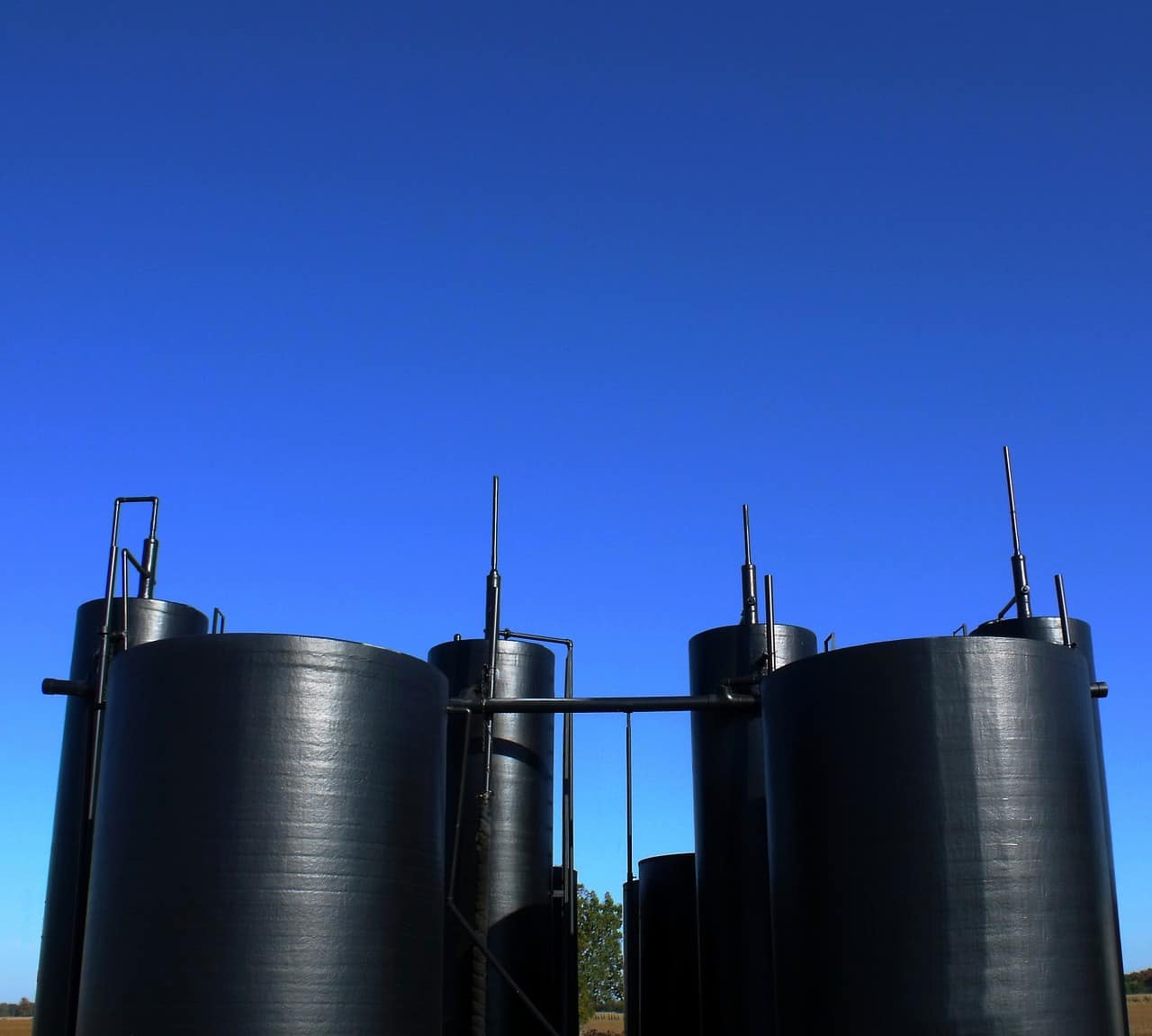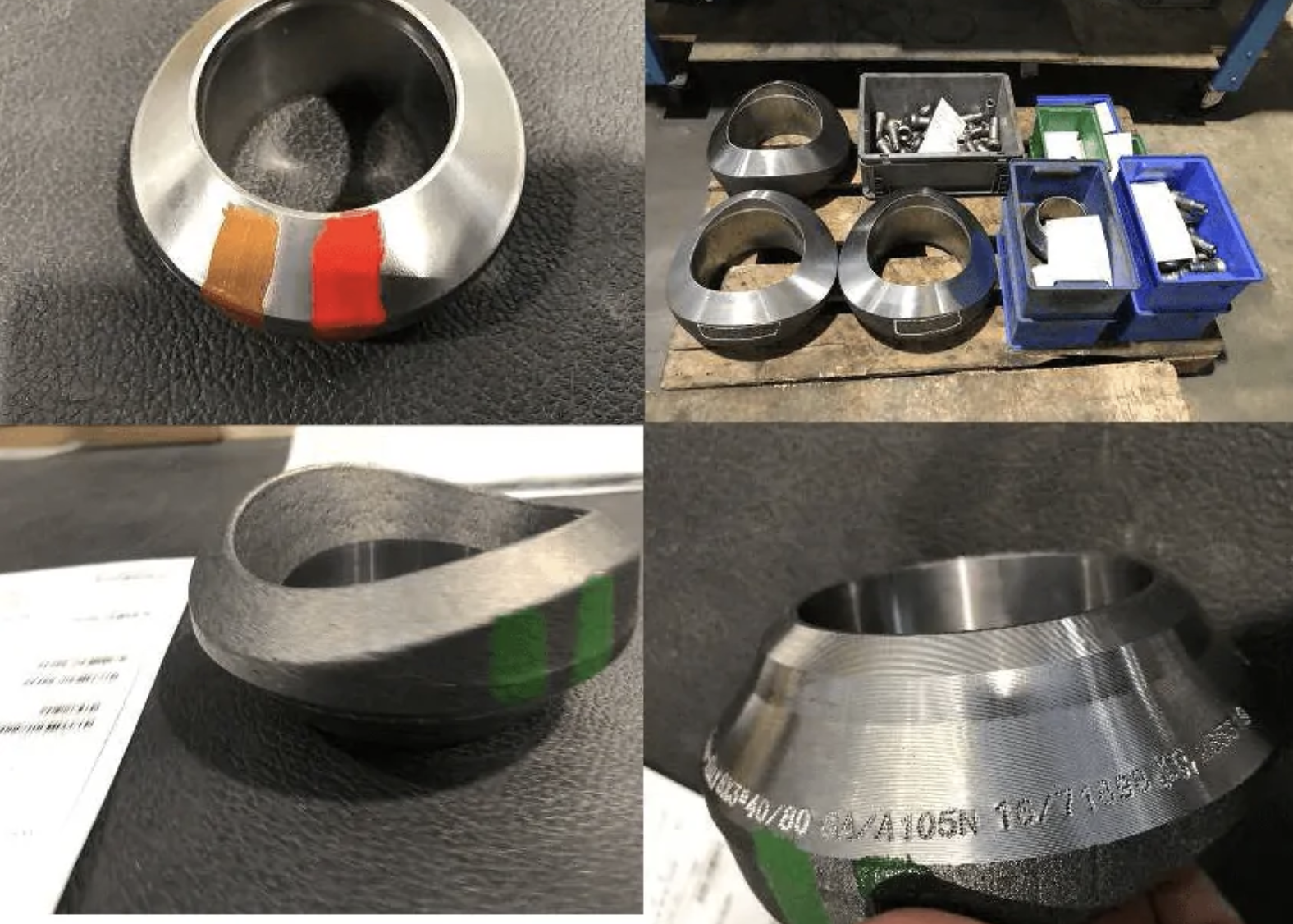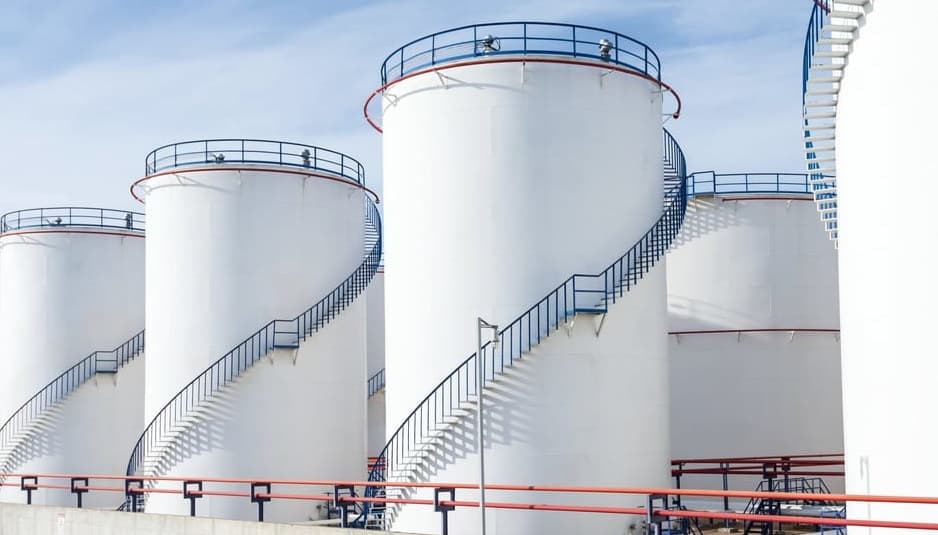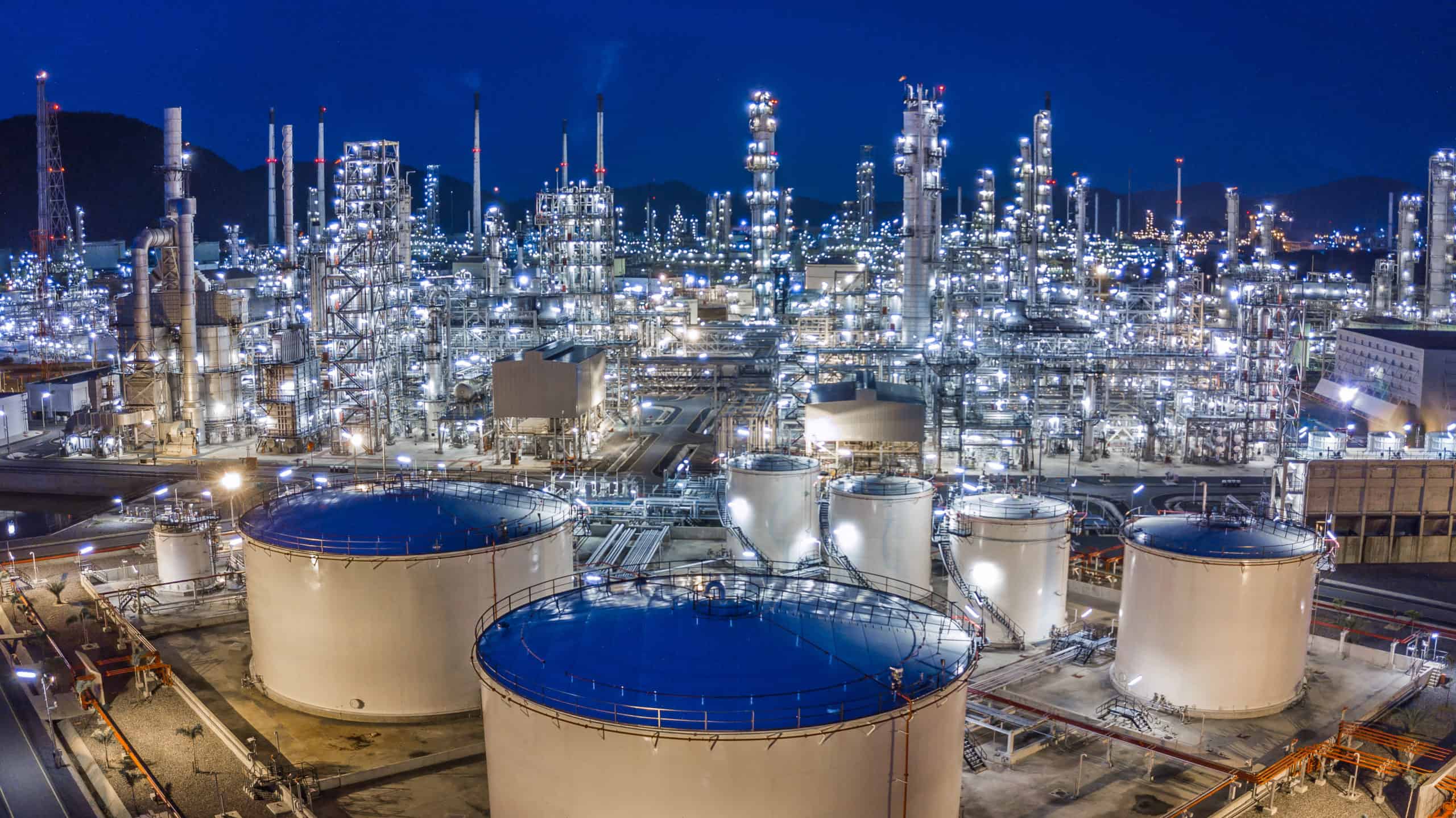Certified Storage Tank Inspections Keep You Informed
Above ground storage tanks are essential to a range of industries, but they create hazards. They store massive amounts of substances that could be toxic to the environment or unsafe for humans. When failure occurs, most of the time it’s because of factors that could have been avoided. If above-ground storage tanks leak and spill because of predictable causes, studying those causes can help you address developing problems.
Why Certified Storage Tank inspections Matter
Above ground storage tanks most often contain petroleum products. That might mean gasoline, biofuels, engine oils, diesel fuel, or other substances. Even a tiny leak in a big tank can cause significant problems. Toxins and volatile organic compounds (VOCs) seep into the land and flood surface and groundwater sources.
Just one gallon of spilled oil can contaminate up to a million gallons of water, and it’s almost impossible to remove once introduced. And one can imagine the human and environmental impact if leaks develop in above-ground storage tanks that contain dangerous chemicals, waste, pesticides, or other materials. Cleanup can take years, and some businesses never recover from the resulting litigation and reputation damage.
When poorly managed above ground storage tanks leak and spill, these negative effects result:
- Area water and soil becomes contaminated
- Facility and surrounding property values fall
- Expensive cleanup becomes necessary
- In some cases, surrounding neighborhoods and businesses need to be evacuated
- After a leak, insurance coverage costs go up or become more difficult to obtain
When There’s Even More Risk
It’s even more complicated when storage tanks aren’t at an isolated facility, but near high traffic areas. Above ground storage tanks might be close to airports, healthcare facilities, military bases, auto manufacturing hubs, fuel distribution centers, school bus barns, and places where leaks just aren’t an option.
Unfortunately, leaks don’t typically stay close to the tank. Weather drives substances in unpredictable patterns. Land contours might work against you.
Toxins end up in drinking water reservoirs, streams, ditches, sewers, wetlands, and all sorts of other places they can do harm. That’s why we offer certified storage tank inspection as required by API-653, STI SP001, & NAPA including Traditional and Advanced methods of Non-Destructive Testing/Examination (NDT/NDE).
The Truth No One Likes to Talk About
Storage tanks are necessary, but they start degrading from the minute you place them in service. Eventually, all storage tanks leak. That’s why insurance policies get progressively more expensive as tanks age, and why facility managers and stakeholders should have a life cycle plan in place.
The good news is, Certified Storage Tank Inspections help prevent leaks and spills by alerting you to possible hazards and monitoring the condition of your tank. When you know potential threats and worst-case scenario when it comes to shelf life, you can better manage risk and in many cases take steps to extend your asset’s lifespan.
5 Reasons Above Ground Storage Tanks Leak and Spill
No one ever wants to cause the kind of destruction that comes from storage tank leaks and spills. When a leak or spill happens, these are the most common reasons.
Storage Tank Corrosion
The EPA says corrosion is one of the leading causes of storage tank and piping failures. Materials corrode as they react with their environment. It’s natural and expected for metal to corrupt over time. Sometimes metal loss happens over decades, other times it can take months, depending on the elements at work. When tank surfaces become too corroded, they break. They also might shift or have one side collapse when it becomes too weakened to provide continual support.
Piping Corrosion
That same corrosion happens to pipes and other components attached to storage tanks. Since the late 1990s, EPA regulations have required tank owners take countermeasures that involve corrosion control. As pipes break down, weak spots become prone to leaks.
Improper Maintenance
Tanks can become part of a facility’s landscape. They’re massive, but silent, and seem to have no moving parts. It’s tempting to put off routine maintenance tasks and inspections. It’s also easy to ignore the area around the storage tank where buildup often occurs…until there’s a problem.
Delivery and Filling Problems
Every time operators add material to your tank, there’s an increased risk of spillage and over-filling. If the people involved are distracted, uninformed, or inattentive, they could neglect to leave enough room for expansion.
Lack of Planning for Security
Sometimes facility owners assume nothing has happened to their above-ground storage tank so far, so they expect that trend to continue. They become complacent in protecting it from vandals or the potential for impact from vehicles moving through the facility.
how Certified Storage Tank Inspection Helps
InServe MIG provides full-service certified tank inspection services, including non-destructive testing (NDT). Here are some of the inspection services we offer to address tank corrosion and improve the safety of your facility:
- Fitness for Service (FFS) Evaluations
- Corrosion Rate and Remaining Life Evaluations
- Formal External Inspection
- Formal Internal Inspection
- Ultrasonic Thickness Testing
- Risk Based Inspection (RBI)
- Leak testing and Leak Inspection
You’ll find a more comprehensive list of related services on our Certified Storage Tank Inspections page.
Get Answers, Minimize Risk, Sleep Better
Each facility has unique needs and faces unique challenges. Requirements vary by industry. Find out how we can address your certified storage tank inspection needs when you get in touch with our experts.




